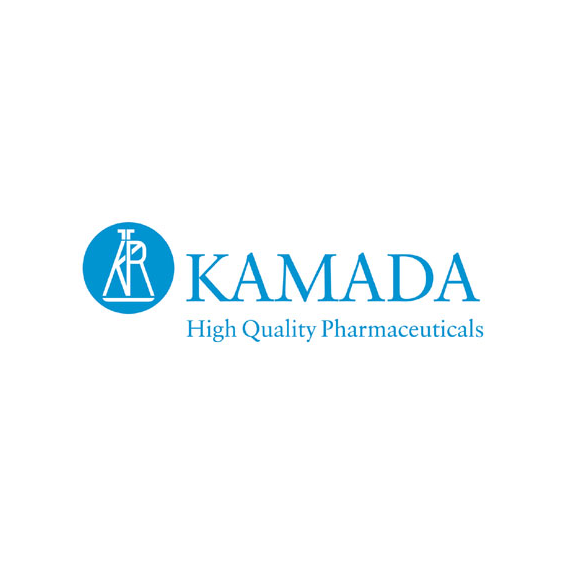
Kamada (NASDAQ, TASE:KMDA) randomized the first patient in a pivotal clinical trial evaluating its inhaled alpha-1 antitrypsin (AAT) therapy for the treatment of alpha-1 antitrypsin deficiency (AATD).
AATD is an inherited disease where a lack of AAT leads to lung tissue destruction and emphysema.
The Phase 3 study, called InnovAATe, will enroll up to 250 patients to receive either 80 mg inhaled AAT, or placebo, once daily for two years. The trial’s primary endpoint is lung function measured by forced expiratory volume in one second, or FEV1.
“As presented in our recent manuscript describing the results of Kamada’s previously completed Phase 2/3 study, AATD patients with severe lung disease treated with inhaled AAT for one year demonstrated slower FEV1 decline,” Dr. Jan Stolk, the study’s lead investigator, said in a statement.
“This finding signals inhaled AAT’s ability to potentially reduce lung inflammation and destruction, which will be measured in the InnovAATe study by lung function, CT densitometry, symptoms, exacerbations and other disease outcomes,” he added.






